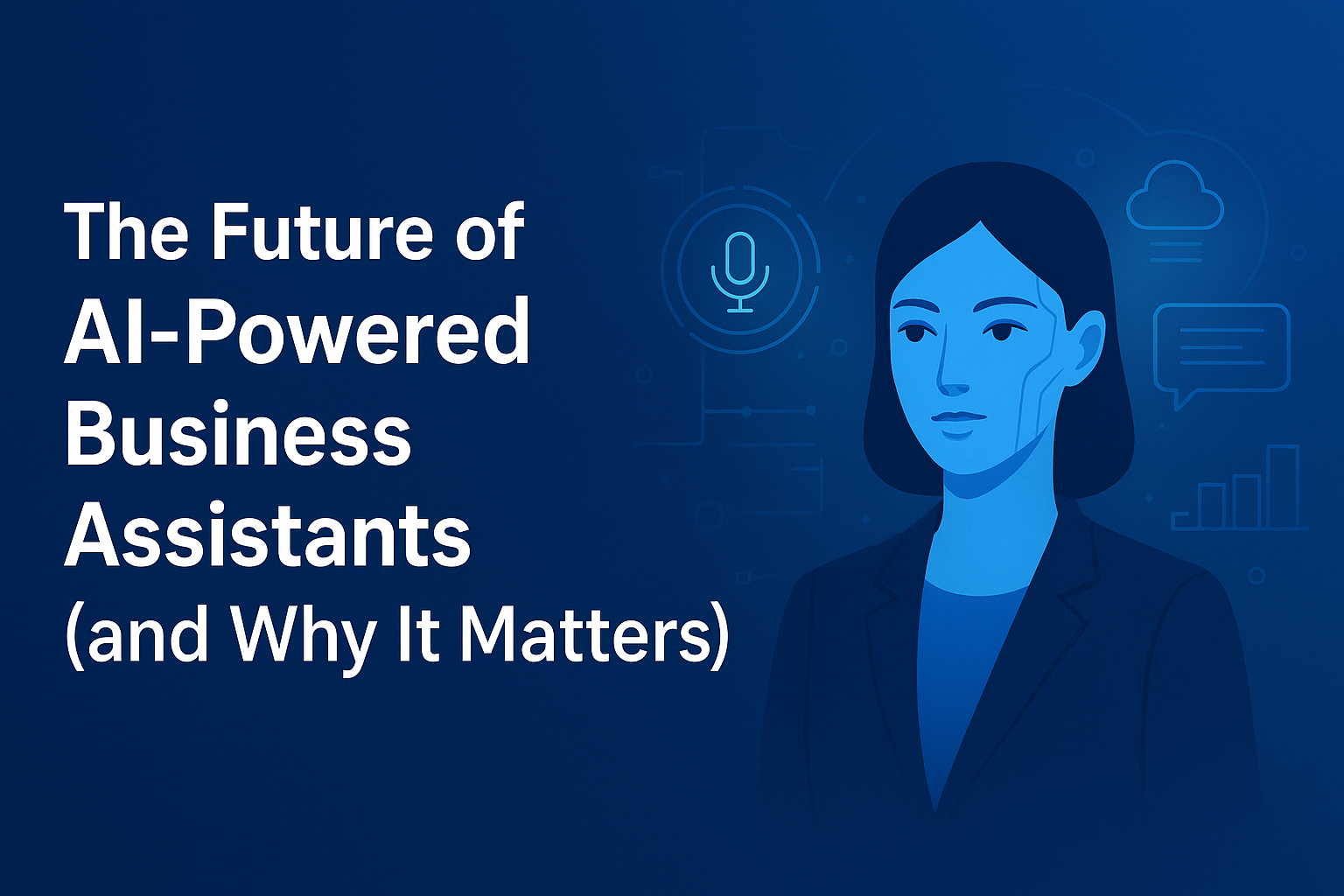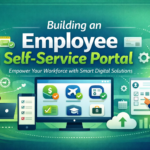The Future of AI-Powered Business Assistants (and Why It Matters)
Artificial Intelligence (AI) is no longer a futuristic concept—it is rapidly transforming the way businesses operate today. One of the most impactful innovations in this space is the rise of AI-powered business assistants. From automating routine tasks to providing strategic insights, these digital helpers are reshaping productivity and efficiency across industries. But the big question remains—what does the future of AI-powered business assistants look like, and why should businesses care?
The Evolution of AI-Powered Business Assistants
Initially, virtual assistants like chatbots were designed to answer FAQs or handle simple scheduling. However, with advancements in machine learning, natural language processing (NLP), and predictive analytics, today’s AI-powered assistants can understand context, learn from interactions, and deliver personalized solutions.
For example, modern AI assistants are capable of:
-
Managing customer support with real-time, human-like conversations.
-
Analyzing large datasets to uncover actionable insights.
-
Assisting with financial planning, HR management, and supply chain optimization.
This evolution shows that AI-powered assistants are no longer just “support tools”—they are strategic partners in business growth.
Why AI-Powered Business Assistants Matter
Businesses that embrace AI assistants gain a competitive edge. Here’s why they matter:
-
Increased Efficiency – Automating repetitive tasks like data entry, scheduling, and reporting frees employees to focus on high-value work.
-
Better Decision-Making – AI tools can analyze complex datasets faster than humans, helping leaders make data-driven decisions.
-
Enhanced Customer Experience – Personalized AI-powered support ensures customers get quick and relevant answers 24/7.
-
Cost Savings – Reducing manual labor lowers operational expenses without compromising quality.
-
Scalability – AI assistants can grow with your business, handling more queries and workflows as demand increases.
The Future Outlook: Smarter, More Human-Centric AI
Looking ahead, AI-powered business assistants are set to become even more intuitive, adaptive, and human-centric. Here are some future possibilities:
-
Hyper-Personalization: Assistants that understand individual employee and customer preferences to deliver tailored recommendations.
-
Voice-First Interactions: With advancements in speech recognition, voice-based AI assistants will become more natural and widely adopted.
-
Integration Across Platforms: AI assistants will seamlessly connect with CRM, ERP, and project management tools for unified workflows.
-
Proactive Assistance: Instead of waiting for commands, future assistants will anticipate needs, sending reminders, and suggesting actions before users ask.
-
Ethical & Responsible AI: Businesses will focus on transparency, data security, and ethical usage to build trust in AI systems.
Why Businesses Should Act Now
Waiting to adopt AI-powered assistants could mean falling behind competitors. Early adopters are already seeing improvements in employee productivity, customer satisfaction, and operational agility. Companies that integrate AI today are not just preparing for the future—they are shaping it.
Conclusion: Embracing the AI Revolution
The future of AI-powered business assistants is not just about automation—it’s about creating smarter, more efficient, and customer-centric businesses. As AI continues to evolve, companies that embrace these intelligent tools will be the ones driving innovation, efficiency, and growth.






